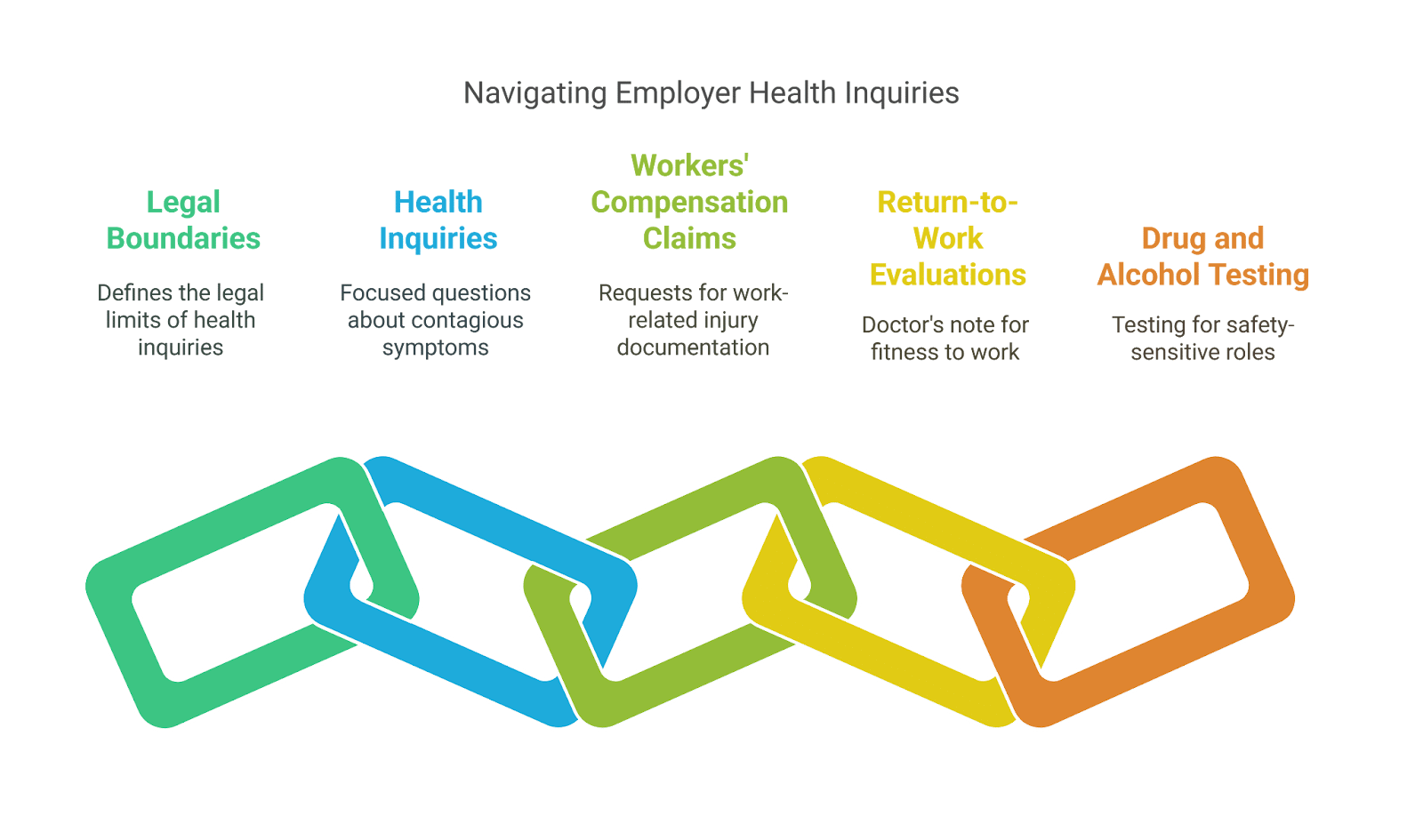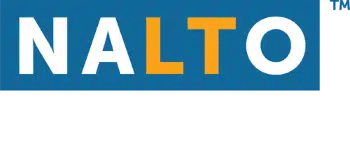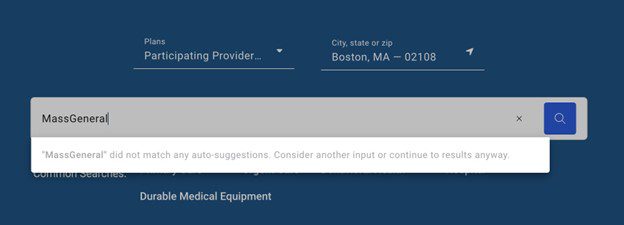Both employers and employees must successfully manage complex health-related inquiries within the workplace setting. When employers and employees understand legal boundaries they create respectful workplaces that operate within the law. This article examines what health questions are allowed during interviews and explains the legal protections that prevent employees from revealing health information while describing when employers can ask about medical conditions and how intermediaries such as PEO4YOU assist with healthcare coverage.
Employers are required to follow specific guidelines to protect workers from discrimination based on health conditions or disabilities. The ADA prevents employers from inquiring about job applicants' medical histories or disabilities before they receive a job offer. Employers are allowed to ask applicants whether they can fulfill essential job requirements with or without reasonable accommodations. Examples of permissible questions include:

Can your employer ask about your health after a job offer? Post-offer, employers can request medical examinations or inquire about health conditions, provided all candidates for the same role are treated equally.
Can your employer ask about your health if you don’t want to disclose it? Several laws protect employees from being compelled to disclose health information:
Can your employer ask about your health under state laws? Some states have additional protections that prevent employers from making invasive medical inquiries.
Employers can inquire about an employee's medical condition under specific circumstances:
Employers may ask if an employee has symptoms of a contagious illness during a public health crisis, such as COVID-19.

Any medical inquiry must be conducted in a confidential and lawful manner.
Employers must keep any medical information confidential and store it separately from regular personnel files.
Both individuals and small businesses face obstacles when searching for healthcare coverage options. PEO4YOU acts as a bridge for clients with health insurance to streamline access to ACA-compliant health plans.
PEO4YOU plans include:
By collaborating with PEO4YOU, individuals and businesses can secure healthcare coverage that aligns with their needs, ensuring compliance with relevant laws and promoting a healthier workforce.
Maintaining a respectful and lawful workplace environment requires employers to fully understand the legal boundaries of health-related employee inquiries. Employers need to carefully comply with both federal and state regulations while employees should stay informed about their medical information privacy rights.PEO4YOU and similar intermediaries serve as essential connectors between clients and health insurance providers while delivering customized solutions for different requirements. Through the utilization of these services individuals and businesses can secure complete healthcare coverage which guarantees health protection and adherence to legal requirements.
Recent Posts
Get In Touch— We’re available 24/7
"*" indicates required fields
“We respect your privacy. Your contact information will be used solely for the purpose of responding to your inquiry and will not be shared with third parties.”
Click To Open Modal
Get In Touch— We’re available 24/7
"*" indicates required fields
“We respect your privacy. Your contact information will be used solely for the purpose of responding to your inquiry and will not be shared with third parties.”
Thanks!
We will be in touch soon.
If you're looking to book a consultation now
Affordable health and benefits plans for small businesses, freelancers, and independent contractors.



Copyright © 2026. Peo4you. All rights reserved.











